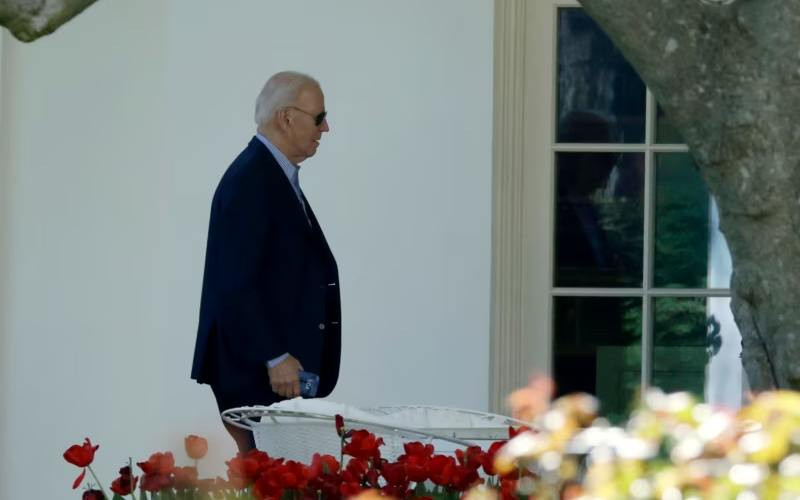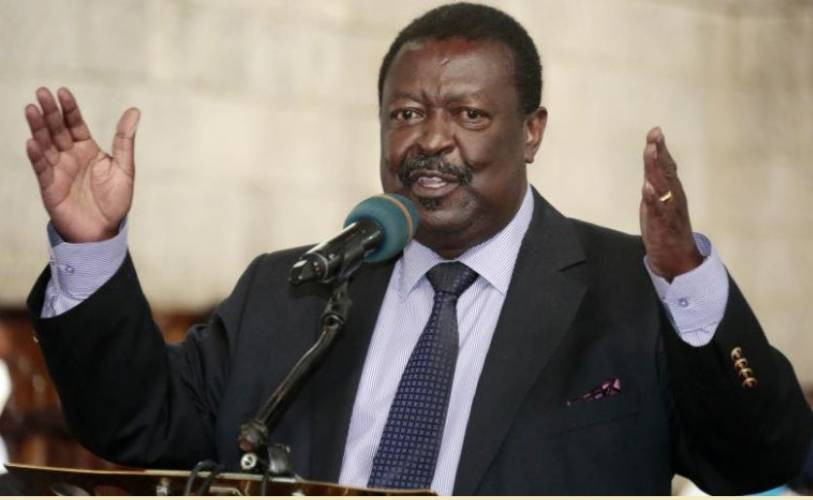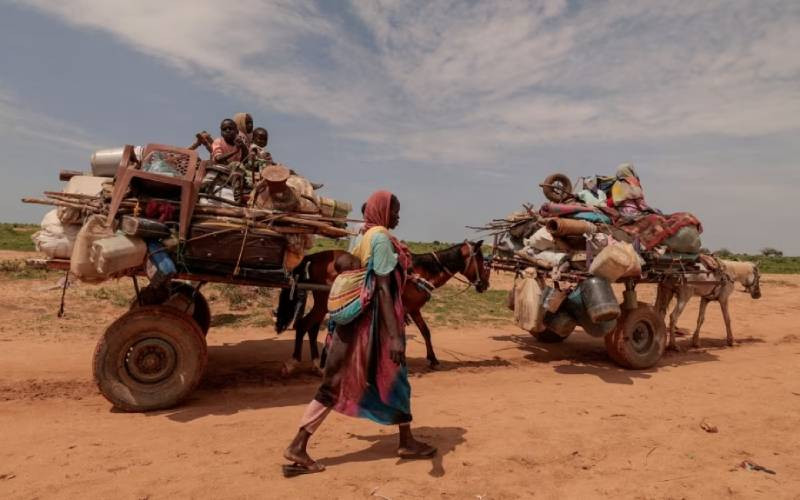NAIROBI: Civil society plays an essential role in development and in progress. Today, Africa is rising – most importantly because of Africans themselves. Across the continent, people are seizing opportunities to build peace, advance democracy, speed economic growth, and empower communities. Huge challenges remain, from insecurity to corruption, but the progress is real. And civil society has been central to making it happen.
When US Secretary of State Kerry visited Nairobi last month, he met with representatives of Kenyan civil society – and he was impressed by the energy, creativity, and dedication that he saw.
Mr Kerry's meeting underscored the U.S. commitment to stand with civil society in Kenya, and across the continent. This commitment starts at the top with President Obama and includes myself and everyone in my Mission.
President Obama recently said: "strong, successful countries require strong and vibrant civil societies. We know that throughout our history, human progress has been propelled not just by famous leaders, not just by states, but by ordinary men and women who believe that change is possible; by citizens who are willing to stand up against incredible odds and great danger not only to protect their own rights, but to extend rights to others."
The United States' own history provides many examples of the critical role of civil society, of people coming together to solve shared problems and create a better life. As we look back, we have so often found that men and women – citizens, such as Martin Luther King and Susan B Anthony – have been the greatest drivers of social, economic, and political change.
Today, there are many inspiring stories of the work of civil society across Kenya. Nevertheless, it is also true that civil society in Kenya is at a critical juncture. So, as a long-time friend, I would like to offer three thoughts.
First, for civil society to continue to succeed it must have open, free, democratic space. I have followed closely the ongoing debate in Kenya around civil society and its regulation. I appreciated the opportunity to make a presentation to the government's task force on Public Benefits Organizations, and for representatives of the US Embassy to attend task force hearings around the country.
We all agree that accountability and transparency are important for civil society organizations, just as they are for all others. But there are ways to achieve accountability and transparency that do not restrict or impede the vital work of civil society.
As a general rule, regulation should be as simple and as transparent as possible. Regulation should embrace diversity. Regulation must not be used to silence opinions or stifle views that the powerful do not share.
As I did in my meeting with the task force, I urge the Government of Kenya to implement the Public Benefits Organizations Act of 2013 as it stands. The Act is already strong. It would enhance good governance and accountability of civil society organizations while allowing them to do their work. If, after a time, it becomes clear that amendments are needed to the act, the government could consider them.
Second, I urge Kenyan civil society to tell its story. Civil society was critical in the restoration of multi-party democracy in the 1990s. It helped keep the 2013 elections peaceful. Every day, it provides life-saving malaria, tuberculosis, and HIV services to millions of Kenyans. It helps entrepreneurs grow their small businesses.
It protects wildlife. And as civil society does all this, it has created jobs for hundreds of thousands of Kenyans and spurred growth. It is no exaggeration to say that every single Kenyan is touched by the extraordinary work of civil society.
Civil society also helps counter violent, extremist ideologies. Counterterrorism is most effective when governments involve local voices and communities, and civil society is a critical ally in this effort. As Kenya continues to face difficult security challenges, the government should partner with civil society to find solutions.
Finally, the United States and other development partners provide much of our assistance through civil society. Many of our huge programs here are managed and implemented by civil society, from health care to education to human rights advocacy.
We have strong oversight mechanisms in place to ensure our assistance is delivered without corruption and in full compliance with the laws and regulations of the United States and Kenya.
Stay informed. Subscribe to our newsletter
We are committed to transparency and accountability. It is vitally important to the United States, just as it is to Kenya.
In conclusion, the United States stands for the right of civil society to operate freely, and for the right of every Kenyan to take part in building Kenya's future. We should all join hands with civil society to build a more open, just, tolerant, and prosperous world.
 The Standard Group Plc is a
multi-media organization with investments in media platforms spanning newspaper
print operations, television, radio broadcasting, digital and online services. The
Standard Group is recognized as a leading multi-media house in Kenya with a key
influence in matters of national and international interest.
The Standard Group Plc is a
multi-media organization with investments in media platforms spanning newspaper
print operations, television, radio broadcasting, digital and online services. The
Standard Group is recognized as a leading multi-media house in Kenya with a key
influence in matters of national and international interest.
 The Standard Group Plc is a
multi-media organization with investments in media platforms spanning newspaper
print operations, television, radio broadcasting, digital and online services. The
Standard Group is recognized as a leading multi-media house in Kenya with a key
influence in matters of national and international interest.
The Standard Group Plc is a
multi-media organization with investments in media platforms spanning newspaper
print operations, television, radio broadcasting, digital and online services. The
Standard Group is recognized as a leading multi-media house in Kenya with a key
influence in matters of national and international interest.








